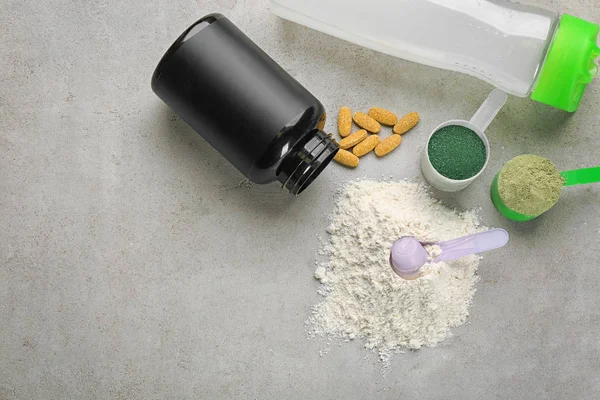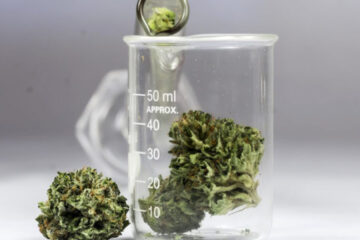
The relationship between sleep and testosterone production must be understood before we examine testosterone booster effects on sleep. Testosterone levels naturally rise during sleep, particularly during the REM (Rapid Eye Movement) stage. This increase in testosterone during sleep is essential for muscle repair, growth, and overall hormonal balance.
When you don’t sleep well or sleep poorly, your testosterone levels are negatively impacted. The absence of sleep is linked to a decrease in testosterone production, leading to decreased muscle mass and cognitive impairment. Given the important role sleep plays in testosterone production, it’s clear that prioritizing quality rest is crucial for maintaining healthy hormone levels.
The purpose of testosterone boosters is to support the body’s natural testosterone production through the use of herbs and other natural compounds. Boosting testosterone levels is the primary purpose of testosterone boosters, but some ingredients may also improve sleep quality.
- A mineral called magnesium plays a vital role in regulating sleep, nerve function, muscle contractions, and energy production in the body. Many testosterone boosters include magnesium as a key ingredient, which may contribute to better sleep quality in addition to supporting testosterone production.
- Zinc is another essential mineral that is commonly found in testosterone boosters. Like magnesium, zinc plays a role in testosterone production and also influences sleep quality. A zinc supplement may improve overall sleep quality and duration, as well as help regulate sleep-wake cycles.
- The herb Ashwagandha has been used for centuries in Ayurvedic medicine to treat chronic fatigue. It is often included in testosterone booster formulations due to its potential to support testosterone production and reduce stress levels. As stress and anxiety significantly impact sleep quality, the stress-reducing properties of ashwagandha may indirectly contribute to improved rest.
- The nutrient vitamin D plays an important role in many aspects of health, including the production of testosterone and the quality of sleep. Vitamin D deficiencies are linked to both reduced testosterone levels and poor sleep quality. A number of testosterone boosters contain vitamin D to help support both hormone production and better sleep.

Though these ingredients may improve sleep quality, testosterone boosters are primarily designed to boost testosterone levels. It is important to point out that sleep benefits may be secondary effects and may vary depending on the specific product and the individual.
Importance of a holistic approach
The use of testosterone boosters may benefit sleep quality, but it’s crucial to approach these supplements as part of a comprehensive lifestyle that prioritizes overall health and well-being. In addition to considering testosterone boosters, several key factors can significantly impact both sleep quality and testosterone levels:
- Importance of maintaining a consistent sleep schedule
- Creating a sleep-conducive environment (cool, dark, and quiet)
- Maintaining a regular exercise schedule
- Keeping a stress-free working environment
- Following a balanced diet rich in nutrients that support testosterone production and sleep quality
By addressing these lifestyle factors in conjunction with the use of a quality testosterone booster, men can optimize their sleep quality and support healthy testosterone levels for overall well-being.
What are blue lotus gummies and their benefits?
March 24, 2025Role of shockwave therapy in treating relationship-related ED
February 27, 2025Tips for Consuming Delta-8 Gummies for Gamers
January 27, 2025
Comments are closed.
-
3 Keys in Marketing Your Brand
November 13, 2021 -
5 Advantages of Buying Baby Clothes in Bulk
December 18, 2021 -
Why Are Businesses Migrating To The Cloud?
February 26, 2022





